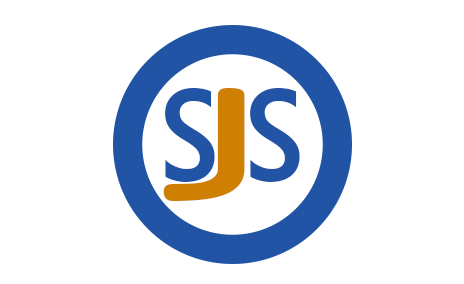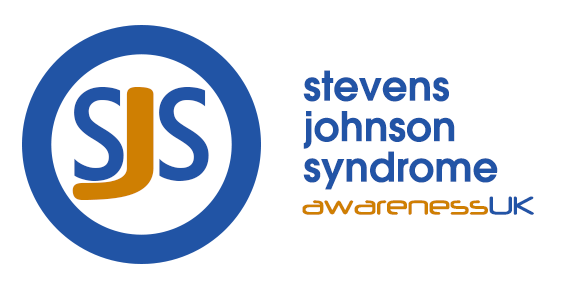
For those affected by Stevens-Johnson Syndrome (SJS), managing symptoms and finding safe treatment options is a crucial concern. While traditional medication remains a common approach, many seek alternative remedies due to potential side effects or personal preferences towards natural solutions. Here, we explore effective natural and herbal remedies that offer relief and support for SJS symptoms, incorporating insights from health experts like Barbara O'Neil.
Understanding Stevens-Johnson Syndrome
Stevens-Johnson Syndrome is a rare but serious disorder that affects the skin and mucous membranes, often as a reaction to a medication or infection. Symptoms can include painful rashes, blisters, and skin peeling. Managing these symptoms gently and effectively is paramount.
Natural and Herbal Remedies for SJS
- Aloe Vera: Known for its soothing and healing properties, aloe vera can be applied topically to blistered or peeling skin to provide relief and promote healing. It's important to use pure aloe gel and apply it gently to the affected areas.
- Turmeric: With its potent anti-inflammatory properties, turmeric can help reduce inflammation associated with SJS. It can be taken orally in capsule form or mixed as a paste and applied to lesions to soothe irritation and aid recovery.
- Chamomile: Chamomile tea can be used for its calming effects, both as a drink and applied topically. For skin symptoms, chamomile compresses can reduce discomfort and facilitate healing of the mucous membranes.
- Honey: Medical-grade honey, particularly Manuka honey, is beneficial for wound management due to its antibacterial and wound-healing properties. It can be applied to open skin lesions to prevent infection and promote healing.
- Calendula: This herb can be used in cream or ointment form to soothe the skin and help heal blisters. Its anti-inflammatory and healing properties make it a suitable topical treatment for skin affected by SJS.
Consulting Health Professionals
While these natural remedies can provide relief, it’s crucial to consult with healthcare providers before starting any new treatment, especially for a condition as severe as Stevens-Johnson Syndrome. Specialists like Barbara O'Neil can also provide valuable guidance tailored to individual health needs, ensuring that any natural treatment plan is safe and effective.
Conclusion
Exploring natural and herbal remedies provides a complementary approach to managing Stevens-Johnson Syndrome, offering gentler alternatives to conventional medication. With the right knowledge and professional guidance, individuals suffering from SJS can find relief and improve their quality of life through natural solutions.
For more information on managing SJS with alternative treatments, or to consult with a specialist, visit Stevens-Johnson Syndrome Awareness UK. Embrace a holistic approach to your health and discover how natural remedies can support your journey to recovery.

